“I look crazy but I’m not. And the funny thing is that other people don’t look crazy but they are.” – eden ahbez
Postcards of Gustaf Nagel – circa 1915
A taster of some of our Ernest Bell Library items – celebrating mavericks – many were raw vegans.
Wandervogel – or Naturmenschen were a group of late 19th and early 20th century Germany and Swiss “Natural Men”, who wore tunics and sandals (or bare feet), long hair and beards and preferred to eat only uncooked foods. Karl Wilhelm Diefenbach, Johannes Guttzeit, Gustav Nagel, Ralph Salomonson, Josua Klein, Gusto Graser, influential artist Fidus, and author Herman Hesse exemplified the Naturmenschen ideal.
Wiki – http://en.wikipedia.org/wiki/Wandervogel
Wandervogel is the name adopted by a popular movement of German youth groups from 1896 onward. The name can be translated as rambling, hiking, or wandering bird (differing in meaning from “Zugvogel” or migratory bird) and the ethos is to shake off the restrictions of society and get back to nature and freedom. Soon the groups split and there originated ever more organisations, which still all called themselves Wandervogel, but were organisationally independent. Nonetheless the feeling was still of being a common movement, but split into several branches.
More about Gustav or Gustaf Nagel – http://rosamondpress.com/2013/07/03/gustav-nagel-the-first-hippie/
Some emigrated to the US & retained their wandering vegetarian lifestyles.
Their followers, known as “Nature Boys” and who included Robert “Gypsy Boots” Bootzin, wore long hair and beards and ate only raw fruits and vegetables.
George Alexander Aberle, known as eden ahbez (15 April 1908 – 4 March 1995), was an American songwriter and recording artist of the 1940s to 1960s, whose lifestyle in California was influential on the hippie movement. He was known to friends simply as ahbe.
eden ahbez living a bucolic life from at least the 1940s – source.
In 1941, he arrived in Los Angeles and began playing piano in the Eutropheon, a small health food store and raw food restaurant on Laurel Canyon Boulevard. The cafe was owned by John and Vera Richter, German immigrants who followed a Naturmensch and Lebensreform philosophy[5] influenced by the Wandervogel movement in Germany. He was a vegetarian. He recalled once telling a policeman: “I look crazy but I’m not. And the funny thing is that other people don’t look crazy but they are.”
Eden Ahbez + Nat King Cole & Pat Boone Live – Nature Boy
Ahbez composed the song “Nature Boy,” which became a No. 1 hit for eight weeks in 1948 for Nat “King” Cole and has since become a pop and jazz standard.
Nature Boy by eden ahbez
There was a boy
A very strange enchanted boy
They say he wandered very far
Very far, over land and sea
A little shy and sad of eye
But very wise was he
And then one day, a magic day
He passed my way, and while we spoke
Of many things, fools and kings
This he said to me
“The greatest thing you’ll ever learn
Is just to love and be loved in return”
“The greatest thing you’ll ever learn
Is just to love and be loved in return”
Living a bucolic life from at least the 1940s, he traveled in sandals and wore shoulder-length hair and beard, and white robes. He camped out below the first L in the Hollywood Sign above Los Angeles and studied Oriental mysticism. He slept outdoors with his family and ate vegetables, fruits, and nuts. He claimed to live on three dollars per week.
During this period, he adopted the name “eden ahbez,” choosing to spell his name with lower-case letters, claiming that only the words God and Infinity were worthy of capitalization.
French Nature Boys – circa 1911 – here.
Dugald Semple – ‘the Scottish Thoreau’ – here.
……and there were / are so many more.
We will share more items & more stories in future posts.
…………………………………………………………………………………………………………….
The Ernest Bell Library’s primary objectives are to: –
-
Collect all of Ernest Bell’s book & non-book works and make them easily accessible to everyone.
-
Collect the literature of vegetarianism and all the other humanitarian movements in which Ernest Bell was so deeply involved.
-
Assist students and scholars in their research.
-
Introduce all aspects of Ernest Bell’s life, including his writings, campaign work, influences and his circle of friends.
-
Undertake our own research into missing aspects of Ernest Bell’s life and work.
We already have more than 300 pieces of Ernest Bell’s own writings.
.
We are also actively building a collection of examples of promotional material, campaign material, fundraising & marketing activities etc. – related to: –
-
veg(etari)an products.
-
veg(etari)an books & other publications.
-
veg(etari)an organisations.
-
veg(etari)an businesses.
-
animal rights organisations.
-
animal rights publications.
-
humanitarian organisations.
-
humanitarian publications.
-
rambling clubs run by members of the above groups & related publications.
-
the work of Richard St. Barbe Baker & the ‘Men of the Trees’ organization & its many sub-branches.


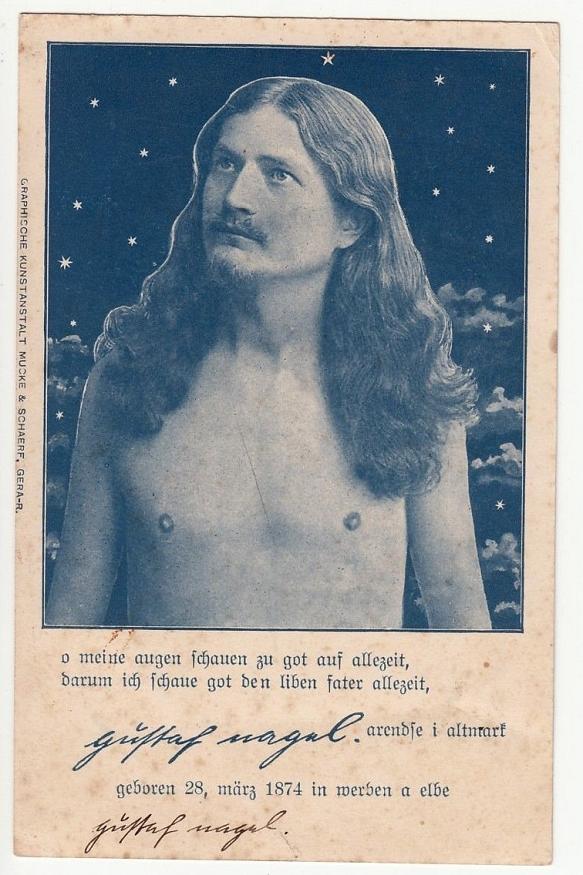

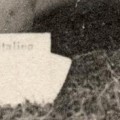
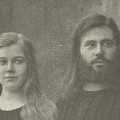
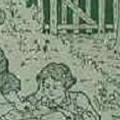
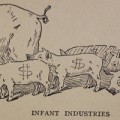
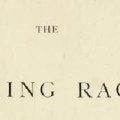
No Comments